2021-2022 Novelis Scholars
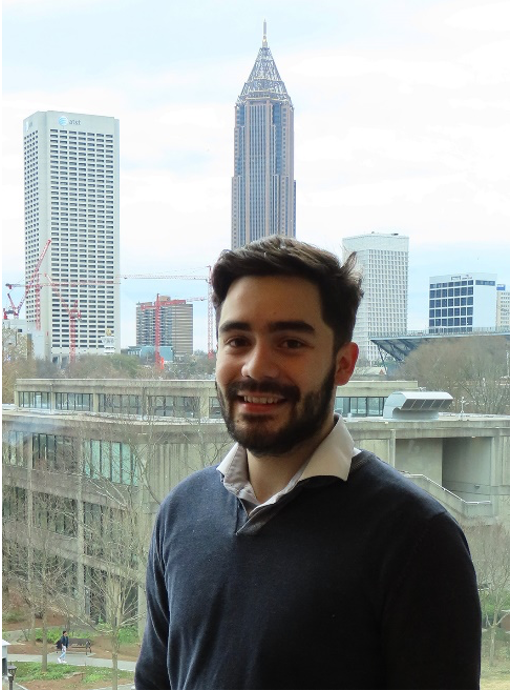
Andrés Felipe Castro Méndez
Andrés Felipe Castro Méndez is a third-year Ph.D. student in the School of Materials Science and Engineering working in the Energy Materials Laboratory led by Prof. Juan-Pablo Correa-Baena. His research focuses on understanding the formation thermodynamics of lead halide perovskites deposited by thermal co-evaporation. Andres was born in Colombia, where he obtained his bachelor's and master’s degrees in Chemical Engineering at Universidad de Los Andes. During this time, he worked on designing materials for several types of solar cells including dye-sensitized, perovskite, and copper indium gallium selenide solar cells. He was awarded with a Fulbright Scholarship supported by the Colombian Ministry of Science and the U.S. Department of State to complete his doctorate studies in the U.S. He arrived at Georgia Tech in 2019, where since then, he has focused on the crystal formation thermodynamics lead halide perovskites to improve the quality of the thin films deposited by thermal evaporation. While only a handful of groups work on thermal evaporation worldwide, this is a process desired by industry because it does not need toxic solvents to produce high-quality materials potentially leading to rapid scale-up of perovskite solar cells. Andres’ thesis work focuses on how the crystallinity of MAPbI3 perovskite films deposited by thermal co-evaporation depends on the deposition parameters, finding that the temperature of the MAI source plays an important role in determining the purity of the film and thus, the performance of the device.
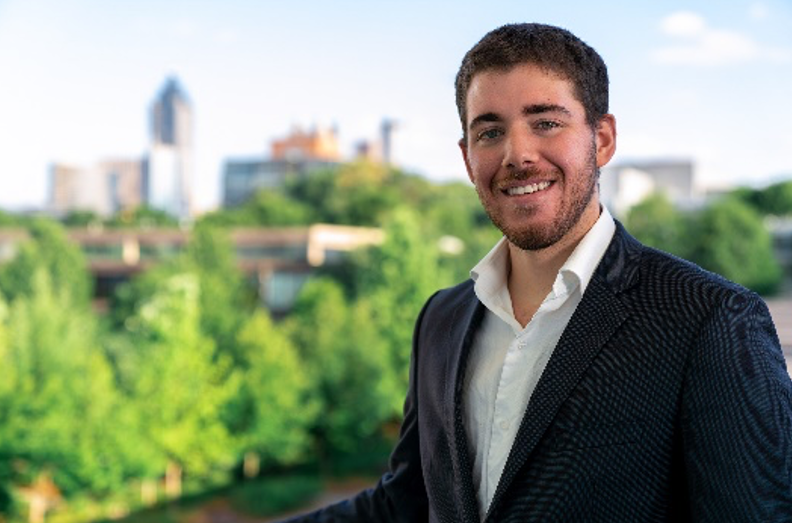
Carlos Fernández
Carlos Fernández is currently a Ph.D. candidate in Mechanical Engineering at Georgia Tech. He received a B.S. (2018) and M.S. (2020) in Mechanical Engineering from Georgia Tech. His current research interests are in reactor design and computational methods for efficient electrochemical CO2 conversion to high-value fuels. He is interested in improving the integration of electrochemical systems with intermittent energy sources and understanding the large-scale interaction between electrochemical fuel production and the energy and water giga-systems.
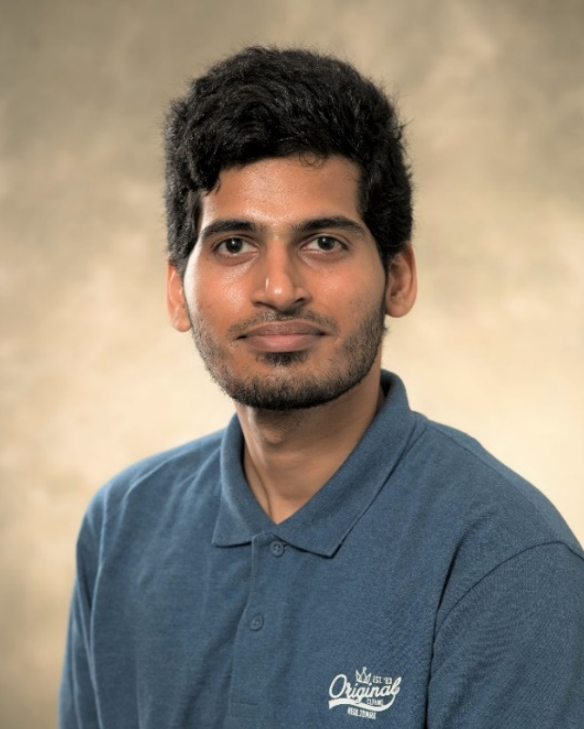
Rupesh Kumar Mahendran
Rupesh Kumar Mahendran is a 2nd year PhD student in the Department of Mechanical Engineering at Georgia Institute of Technology, working with Professor Surya Kalidindi and Professor Aaron Stebner. He got his Masters degree from the University of Illinois at Urbana-Champaign, USA and his Bachelors degree from Indian Institute of Technology, Madras, India. Rupesh’s research is focussed on physics-based and data-driven model development for SMA alloy, manufacturing, and part design, including developing high throughput methodology and surrogate models to accelerate SMA developments.
Doctoral Research
Rupesh’s research focus in on physics-based and data-driven model development for SMA response, manufacturing, and part design, including developing high throughput methodology and surrogate models to accelerate SMA developments. He is currently developing a crystal mechanics-based micromechanics model framework to study the interplay among twining, martensitic phase transformation, and plastic slip in polycrystalline media of shape memory alloys. His work also extends to developing a high-throughput methodology for estimation of elastic-plastic and transformation material parameters for SMA crystals through spherical nano-indentation stress-strain protocols. The scope of his project also includes developing a two-step Bayesian framework that will be used to estimate the material constants and its associated uncertainty quantification in Ni-Ti alloys. The two-step Bayesian framework establishes a reduced-order model which captures the dependence of the indentation property as a function of the relevant crystal-level (intrinsic) material properties and the crystallographic lattice orientation in the indentation deformation zone. This reduced-order model is calibrated to high-fidelity results obtained from suitable micromechanics finite element simulations. This novel method overcomes the disadvantages of other small-scale testing approaches such as compression on micropillars and bending tests on micro-cantilever beams including their potential effects from the use of the Focused-Ion Beam (FIB) for the fabrication of the specimen on the measured values of the properties, and also complex and time-consuming procedures for the preparation of samples to be measured.
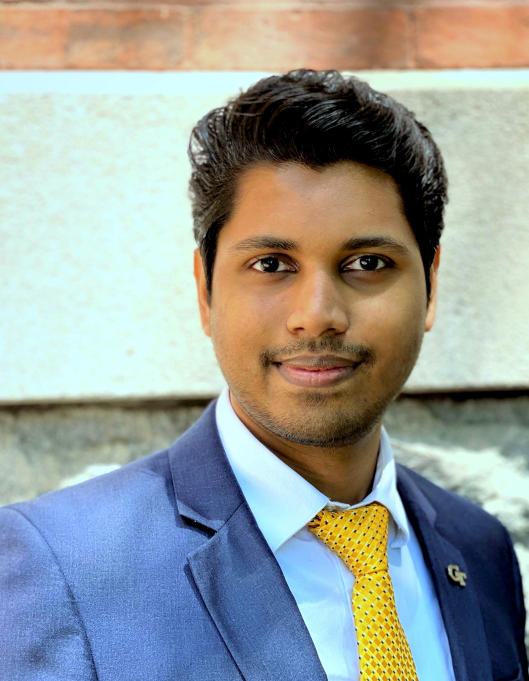
Rapesh Rajendran
Rupesh is a Ph.D. student advised by Preet Singh in the School of Materials Science and Engineering. His doctoral research is focused on understanding the effects of post-processing treatments and microstructure on corrosion, stress corrosion cracking, and mechanical behavior of additively manufactured (AM) 7xxx series aluminum alloys for aerospace applications. Using advanced electrochemical techniques and characterization, his goal is to complement high throughput development of AM alloys and processing conditions by correlating corrosion and stress corrosion cracking behavior with the microstructural features. Rupesh’s research has contributed to one journal publication and two conference presentations this year.

Tingli Xie
Tingli Xie is a Ph.D. candidate in Mechanical Engineering (ME) at Georgia Institute of Technology. Her research areas of interest are deep learning, uncertainty quantification and fault diagnosis. The goal of her research is to develop intelligent computational methods to provide accurate diagnosis of key faults by fusing multiple sensor resources in manufacturing systems. Her research work has been published on the IEEE Transactions on Industrial Informatics. She has won the best student award in the Asia Pacific Conference of the Prognostics and Health Management (PHM) Society in 2021.
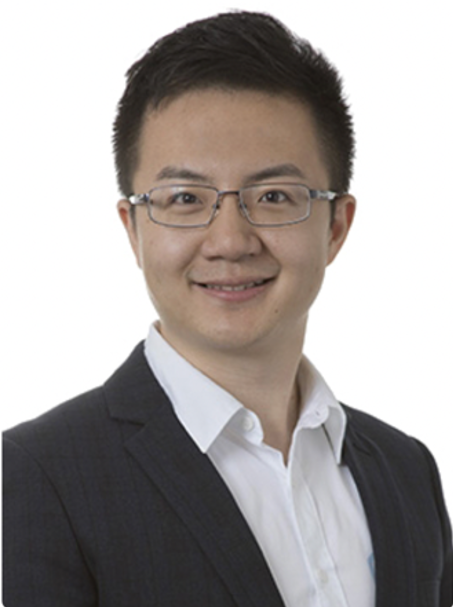
Wei Yang
Wei Yang received the B.Eng. degree in mechanical engineering with honors (highest distinction) from National University of Singapore, Singapore, in 2017 and the M.S. degree in mechanical engineering from Columbia University, New York, USA, in 2019. He is currently pursuing the Ph.D. degree in Machine Learning and the M.S. degree in statistics with H. Milton Stewart School of Industrial and Systems Engineering, Georgia Institute of Technology, Atlanta, GA, USA. His research interest is on high dimensional data analysis for process monitoring and diagnosis using functional profiles, images and videos with applications in manufacturing and energy sectors.





